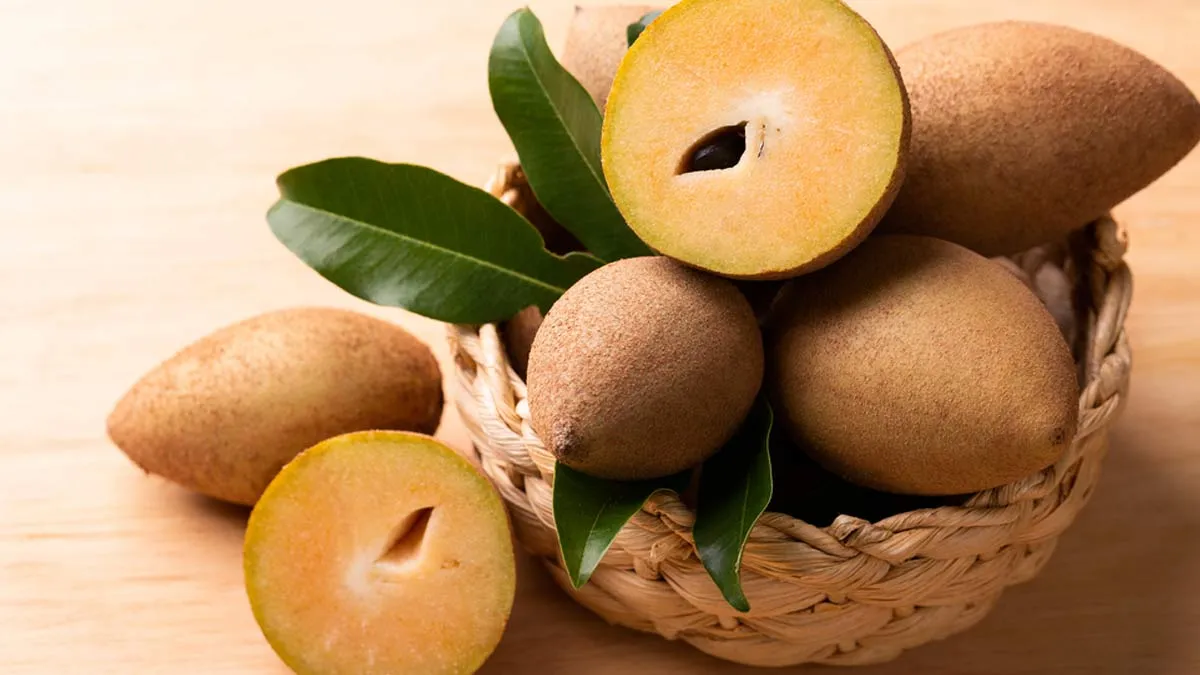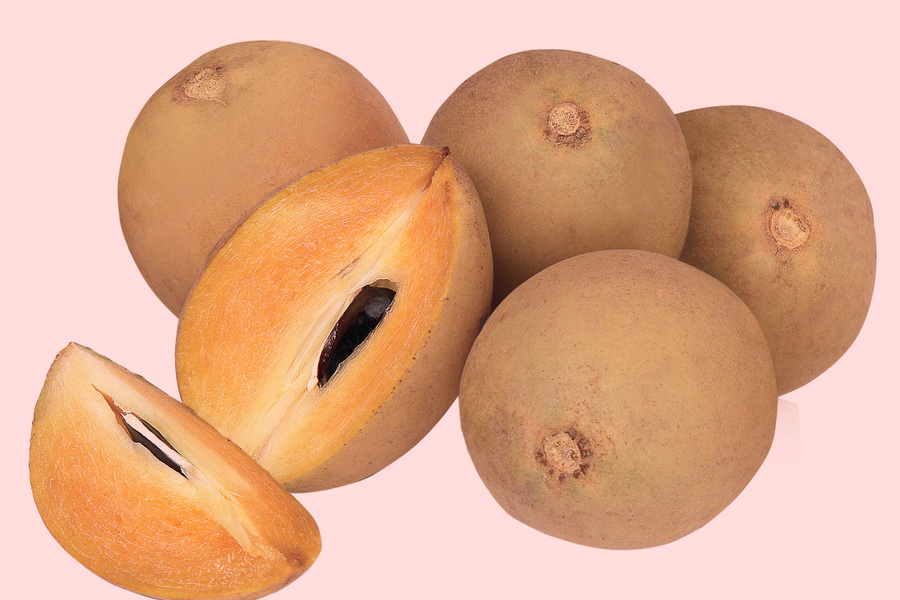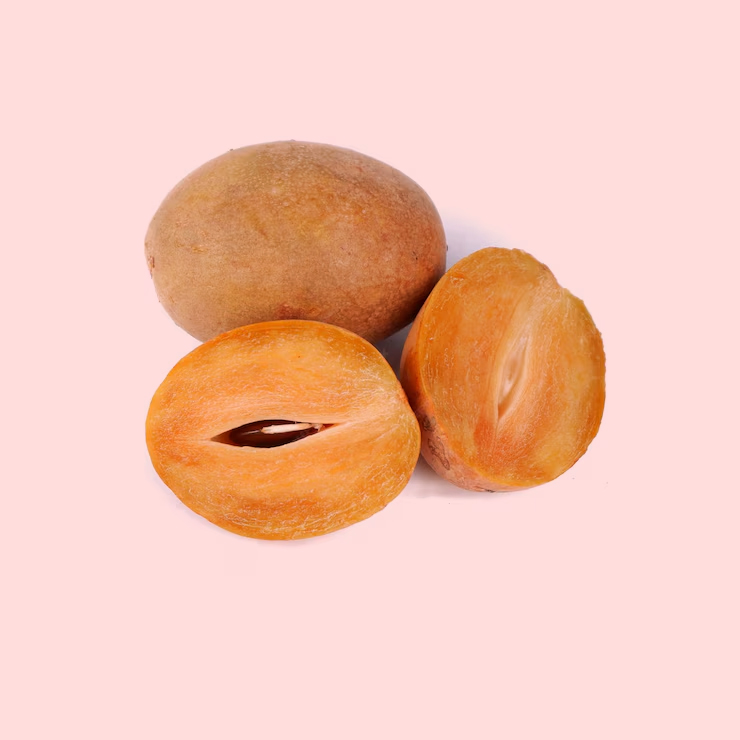
Winter is the season of indulgence in warm beverages, hearty meals, and nutritious fruits that boost immunity. Among the array of seasonal delights, the humble chiku (also known as sapodilla) often goes unnoticed. This sweet and grainy fruit, known for its caramel-like flavour, is a treasure trove of nutrients that can benefit your health in winter. Here’s why you should make chiku a part of your diet this season.
Table of Content:-
Rich in Vitamin C: Boost Immunity Naturally
Chiku is an excellent source of Vitamin C, a crcial antioxidant for strengthening your immune system. Winter often brings with it the risk of colds and flu, and consuming Vitamin C-rich foods can help the body fight off infections.
A study published in the Journal of Nutrition highlights that adequate Vitamin C intake enhances the production of white blood cells, which are vital for warding off pathogens. Adding chiku to your diet can provide a natural boost to your immunity and keep you feeling energised during the colder months.
Packed with Dietary Fibre: Keep Your Gut Happy

Winters can sometimes slow down digestion due to reduced physical activity and a heavier diet. Chiku is rich in dietary fibre, making it an excellent remedy for constipation and promoting gut health.
Research from the American Journal of Clinical Nutrition states that fibre-rich foods regulate bowel movements and support a healthy gut microbiome. Eating chiku regularly can help prevent common winter digestive issues, ensuring your digestive system stays in good shape.
A Natural Energy Booster
The cold weather often leaves people feeling sluggish. Chiku is a natural energy booster, thanks to its high glucose content. The fruit provides an instant energy kick, making it a perfect choice for breakfast or as a mid-day snack. Unlike processed sugars, the natural sugars in chiku are metabolised slowly, keeping you energised without the risk of a sugar crash.
Skin and Hair Health in Winter

The dry winter air can wreak havoc on your skin and hair, leading to dryness and flakiness. Chiku, being rich in antioxidants such as polyphenols, flavonoids, and Vitamin E, combats oxidative stress and promotes healthy skin and hair.
A study from Dermatologic Therapy suggests that foods rich in antioxidants can improve skin elasticity and hydration, reducing the signs of premature ageing. Consuming chiku can help you maintain a radiant glow and lustrous locks throughout the winter season.
Supports Bone Health
Chiku is also a good source of calcium, phosphorus, and iron, which are essential for maintaining strong bones. Winter is often associated with joint pain and stiffness, particularly for older adults. Regularly eating chiku can help improve bone density and joint health, providing a natural way to combat these seasonal discomforts.
How to Include Chiku in Your Diet

- Raw Consumption: The simplest way to enjoy chiku is to eat it fresh. Ensure the fruit is ripe for maximum sweetness and nutritional benefits.
- Smoothies: Blend chiku with milk or yoghurt for a creamy and delicious smoothie.
- Desserts: Incorporate chiku into puddings, ice creams, or baked goods for a unique twist.
- Salads: Add chopped chiku to fruit salads for an extra burst of flavour.
Conclusion
Chiku is more than just a sweet treat; it’s a powerhouse of nutrients that your body craves during winter. From boosting immunity and energy levels to enhancing skin health and supporting digestion, this underrated fruit offers a plethora of benefits. Backed by scientific studies and centuries of traditional use, chiku deserves a spot on your winter grocery list. So, embrace this seasonal gem and let its natural goodness keep you healthy and happy all winter long.
Also watch this video
How we keep this article up to date:
We work with experts and keep a close eye on the latest in health and wellness. Whenever there is a new research or helpful information, we update our articles with accurate and useful advice.
Current Version
